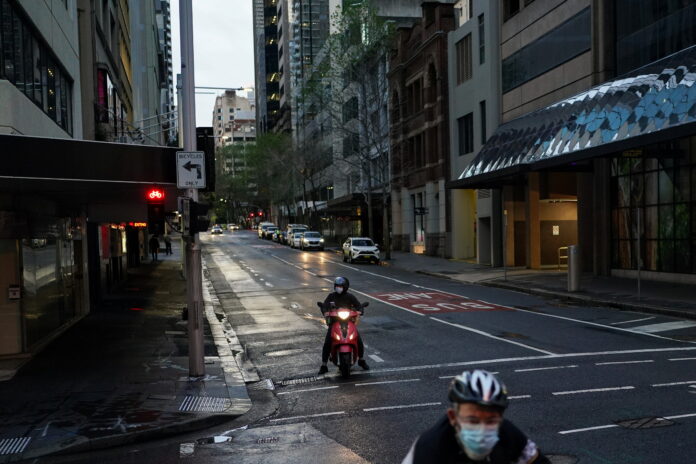From November, Australia’s international border will reopen, granting vaccinated citizens and their relatives long-awaited freedoms.
Since March 2020, Australia has had some of the tightest border controls in the world, including a restriction on its own citizens leaving the nation.
Although the programme has been hailed for assisting in the suppression of Covid, it has also resulted in the controversial separation of families.
People will be able to travel whenever their state’s vaccination rate reaches 80%, Mr. Morrison said at a press conference on Friday.
Ian Jasper, who spent many years in Australia before returning to England, plans to visit three of his children, nine granddaughters, and four great-grandchildren in Perth, Australia, in December.
He said he planned to spend three months in Australia for Christmas and the wedding of his granddaughter in February.
Henry Aldridge is also looking forward to visiting his parents and five siblings in London for Christmas. When he and his partner, Shana, an Irish nurse who lives with him in Sydney, learned the news, they were almost in tears.
Only extreme circumstances, such as a necessary job or visiting a dying relative, allow people to leave Australia, which has had more than 107,000 cases of Covid-19 and just over 1,300 deaths.
Citizens and anyone with exemptions are allowed to enter, although there are strict limits on the number of people who can enter. Thousands of people have been trapped in other countries as a result of this.
Unvaccinated travellers must still stay in hotels for 14 days.
Qantas, an Australian airline, replied by stating that it would resume international flights a month sooner. It had already begun selling tickets to major international locations on the 18th of December.
New South Wales, which contains Sydney, is on track to become the first state to reach the 80% mark in a matter of weeks. Victoria, which includes Melbourne, isn’t far behind. States like Queensland and Western Australia, on the other hand, have threatened to close their borders unless immunisation rates rise much higher. After closing their borders to states with infections, these states have managed to keep Covid rates at or near nil.




















